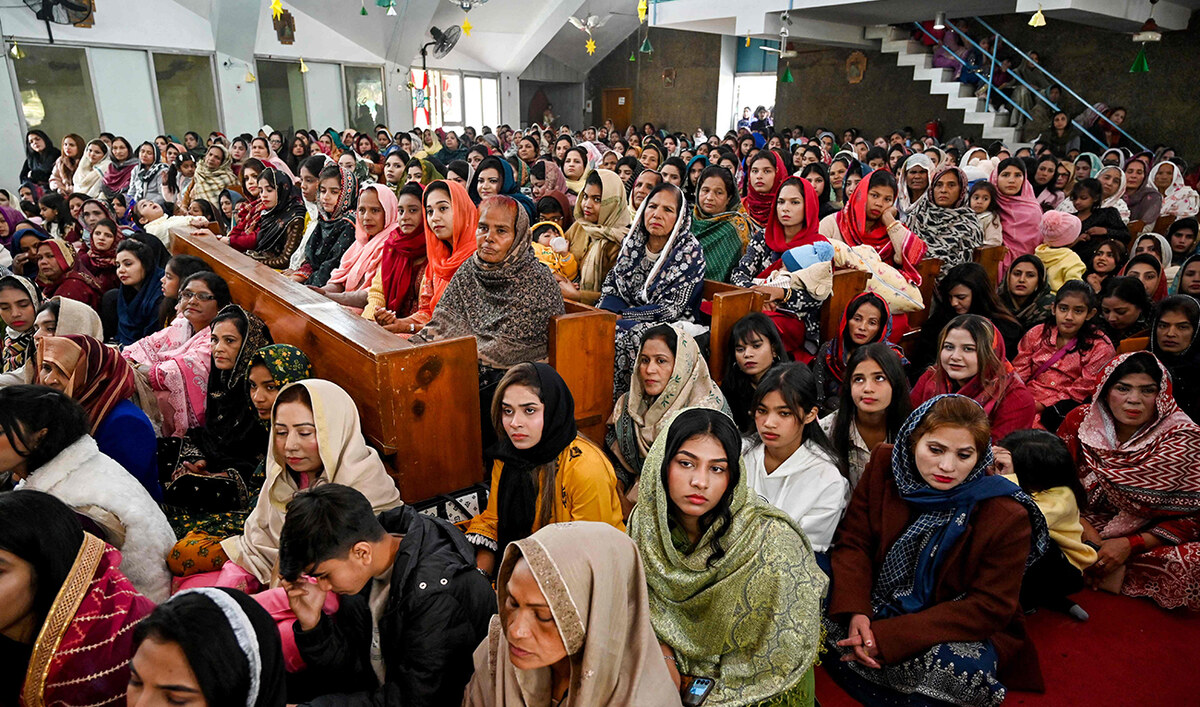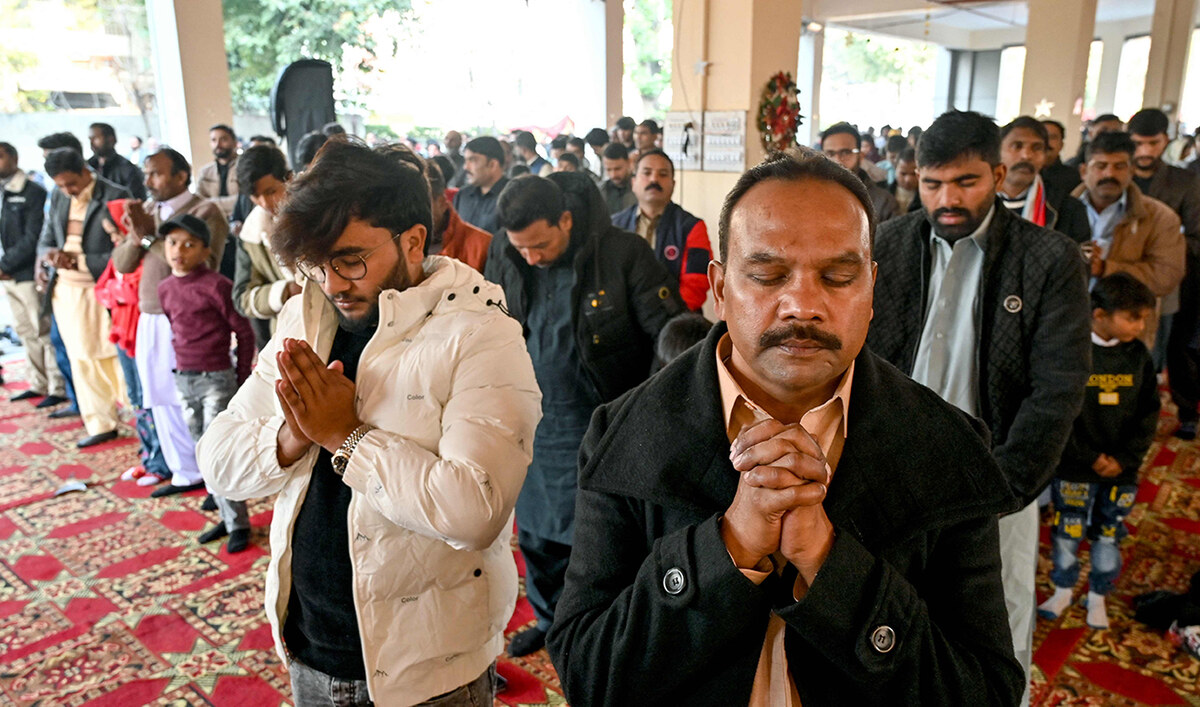KARACHI: Pakistan’s southern Sindh province on Friday imposed an extensive lockdown in Karachi, the country’s commercial capital, to control the rising number of COVID-19 cases, caused mainly due to the spread of the delta variant of the coronavirus in the city, as the province’s chief minister said he had taken federal and other stakeholders into confidence before taking the decision.
“There will be a lockdown from July 31 to August 8,” Chief Minister Murad Ali Shah told the media after the meeting of the provincial coronavirus taskforce. “A partial lockdown will be imposed across the province, but Karachi city will get our greater focus.”
He maintained that lockdowns imposed during the first wave of the pandemic had proved effective in curbing the spread of the disease, adding: “I haven’t heard of anyone who died of hunger during those lockdowns, though COVID-19 continued to take people’s lives.”
Shah said the lockdown beginning Saturday would not be as severe as the one imposed last year in March.
“This lockdown will be in place until the 9th of August and will specifically focus on the retail industry in the city,” he continued. “Essential services will be open. Food and food-related industries will remain open, though restaurants will only be able to provide delivery services and no takeaway or dining facilities will be allowed. Health services will also remain open along with bakeries, meat, vegetable and grocery shops. Vaccination centers will continue to function as usual.”
The chief minister said that banks and ports did not fall under the jurisdiction of the provincial administration, though he requested them to operate with “minimal staff.”
“If we do not stop the spread of the virus, the capacity of our hospitals to admit more patients will end within the next five days,” he warned.
Defending his decision, Shah said the province had witnessed a surge in the daily number of infections from 500 cases in June to about 2,000 in the ongoing month.
“In the last three days, the daily average has reached 2,500 and Karachi, being the most densely populated city, is also the most affected one,” he added.
While Shah claimed his administration had informed Pakistan’s planning minister Asad Umar and health chief Dr. Faisal Sultan about the decision, the country’s information minister Fawad Hussain Chaudhry said the central government would review the measure since Prime Minister Imran Khan was against any step that negatively impacted the livelihood of people.
“[We are] closely reviewing the lockdown decision taken by the Sindh government,” he said in a Twitter post. “The prime minister’s policy is quite clear [on the issue]: We will oppose all measures that can severely impact the economy of the common man. The NCOC [National Command and Operations Center] and Sindh government must devise a strategy that has minimum impact on the livelihood and business of the ordinary man.”
Addressing the media in Islamabad a day earlier, the country's planning minister had also said that shutting down entire cities for weeks was not a solution to the pandemic.
“We realize that the working class, the laborers have to pay the price of this,” he maintained. “Closing down entire cities for weeks is not the solution.”
Speaking to Arab News, Dr. Qaiser Sajjad, general secretary of the Pakistan Medical Association, welcomed the decision of the Sindh administration, saying it could help control the spread of the disease.
“We had demanded a complete lockdown to prevent the health system from collapsing completely, but the government imposed a partial lockdown and allowed essential services to remain open,” he informed. “We welcome the development.”
However, an association of merchants in the province rejected the lockdown and said that traders were disappointed.
“We had requested a government delegation not to impose a complete lockdown,” Rizwan Irfan of the Tajir Action Committee said in a statement.
The Federation of Pakistan Chambers of Commerce and Industry (FPCCI) also urged the Sindh government to review its decision.





















